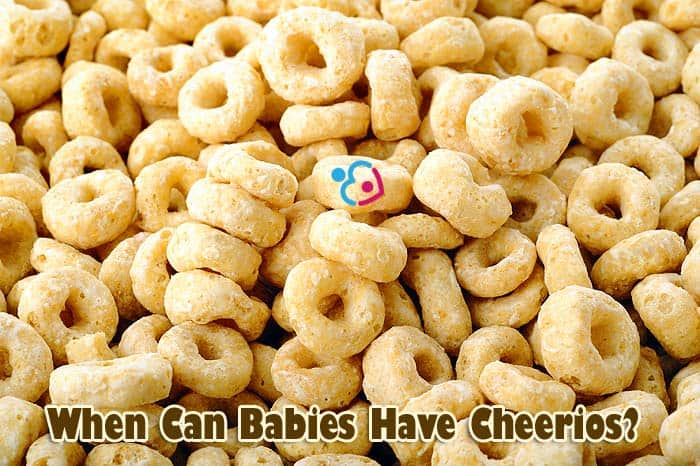
Adding new foods to your baby's diet is always a challenge until they are developed enough to digest everything. You will have specific questions regarding some types of foods that you will want to introduce to their diet.
Cheerios can be very healthy, for instance, but you need to give them to your baby at the right time and in the correct form. The market offers many types of cheerios, some with controversial flavors such as honey or nuts.
However, new mothers have questions like 'can babies choke on cheerios?' or 'are cheerios ok for babies?' and we have researched the answers below.
Jump to:
When can babies have cheerios?
The short answer is that you should feed your baby cheerios if they can sit without you supporting them and chew properly. Even in these cases, you should watch them and make sure they are not chocking with these delicious cereals.
This information is stated clearly on the Cheerios website and confirmed by the pediatricians all over the world.
A) Wait for 9 to 12 months
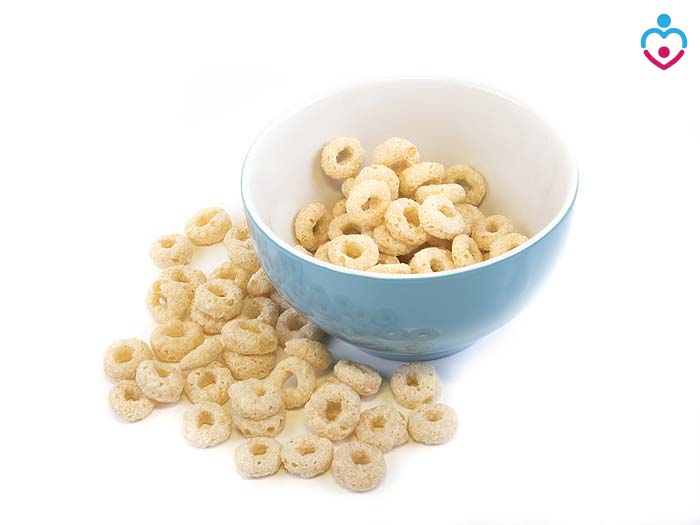
Even if you can give your baby Cheerios when they sit and chew, this doesn't mean you should start doing so as soon as they can perform these skills.
- It is safer to wait until your baby is nine months or older to avoid most potential hazards.
- Besides chewing and sitting on their own, you should also make sure that your baby can pick small things using their fingers.
- Most likely, they will want to pick their cheerios by hand as well, and you want them to have the ability to do that.
- Some pediatricians even recommend waiting until babies turn one year old before giving them Cheerios because the risk of chocking after this age decreases significantly.
B) What type of Cheerios to consider first?
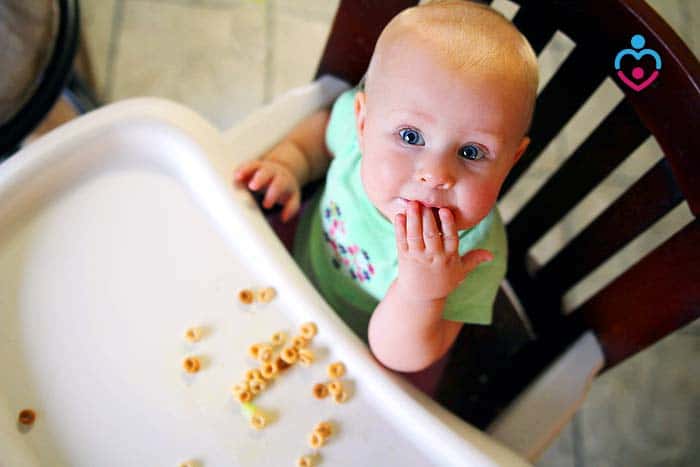
Another aspect that you might be wondering about is the flavor of the cheerios.
- You can find honey cheerios or different nuts cheerios as well as plain ones. Can babies eat honey nut cheerios? Honey is considered a challenging food for babies younger than one-year-old because they can't digest it properly, and it can lead to botulism.
- However, the honey flavor is not as dangerous. Cheerios are usually flavored with processed honey that doesn't present any risk for developing botulism.
- As for the 'nuts flavors' of Cheerios, you should only avoid them if your child has a specific allergy to nuts.
- If this is the case, you should avoid all nuts and foods containing this ingredient.
- However, if your baby is digesting nuts just fine, the flavor in Cheerios will not affect them.
- It is always better to start with plain Cheerios, though, just to see how your baby likes them and not take additional risks.
Plain Cheerios are the preferred option if you are not aware of your little one's allergies yet as well.
C) Are they any benefits to Cheerios?
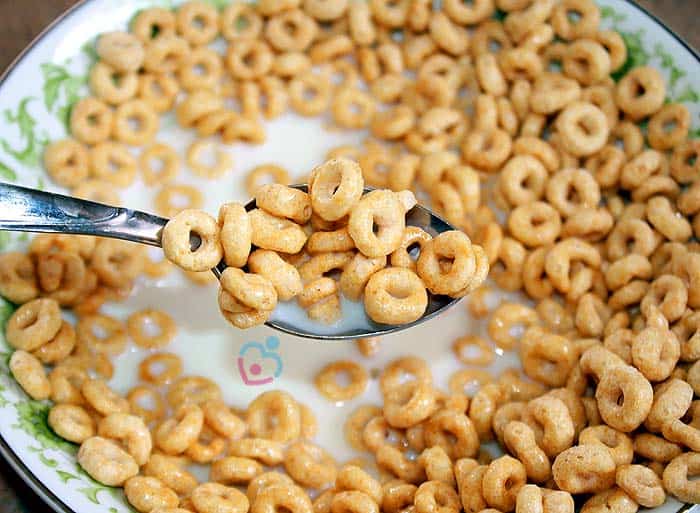
If you are thinking, why should you give your little one Cheerios, to begin with, you should know that there are some benefits to this food.
- Besides the fact that Cheerios will add some diversity to their diet, they will also bring a lot of grains, vitamins, and minerals to it.
- While Cheerios should be the primary nutritional source for such essential benefits, they will definitely make for a healthy snack every now and then.
Some babies love Cheerios, and they can eat them plain or with their favorite milk. It is recommended to not add any sugar or other sweetener to this food as they are sweet enough on their own.
If your baby is not thrilled about eating Cheerios, there is no need to force them either. Make sure that they get the nutrition they need through other sources.
![]()
Key References
- "Finger Food - Nutritious Food for Little Fingers | Cheerios". Accessed May 28, 2020. Link.




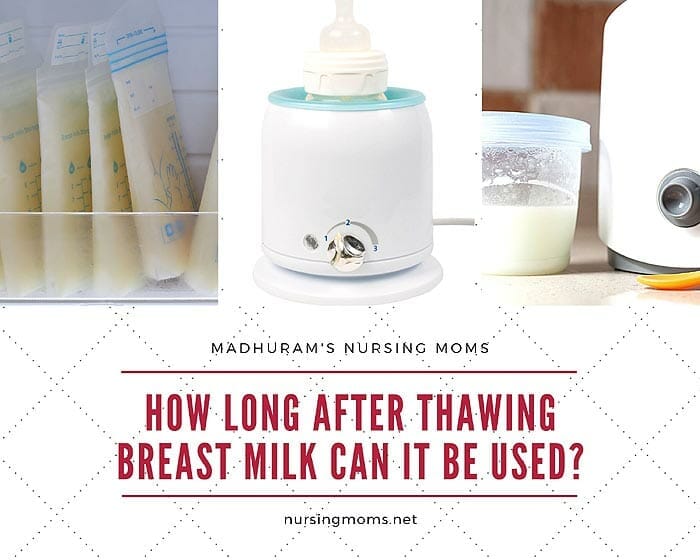
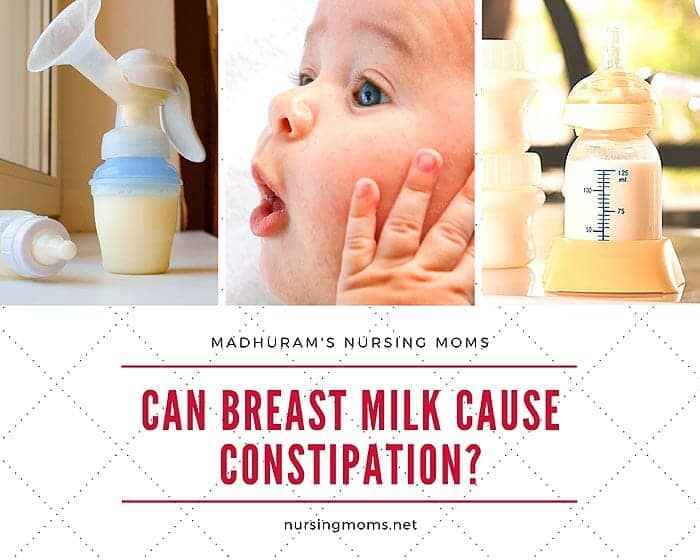
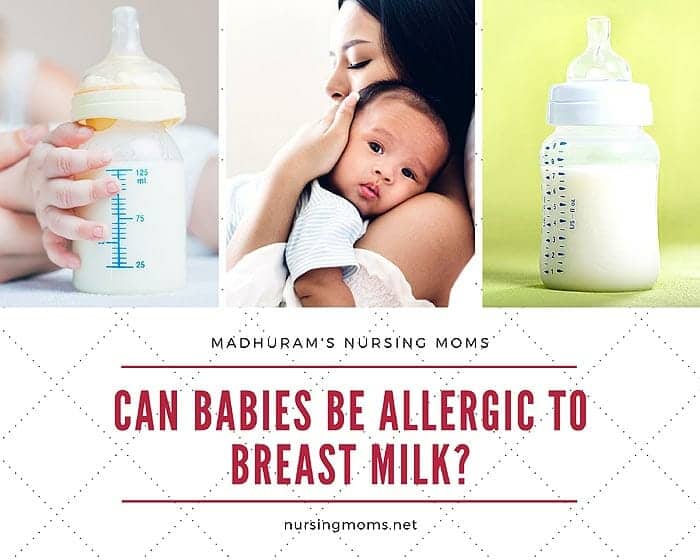

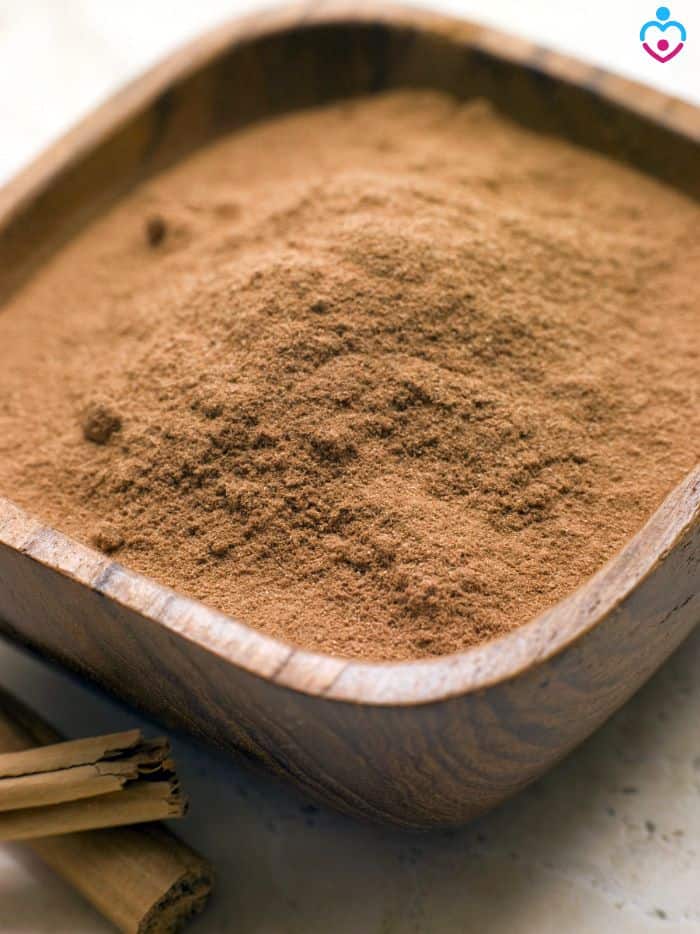
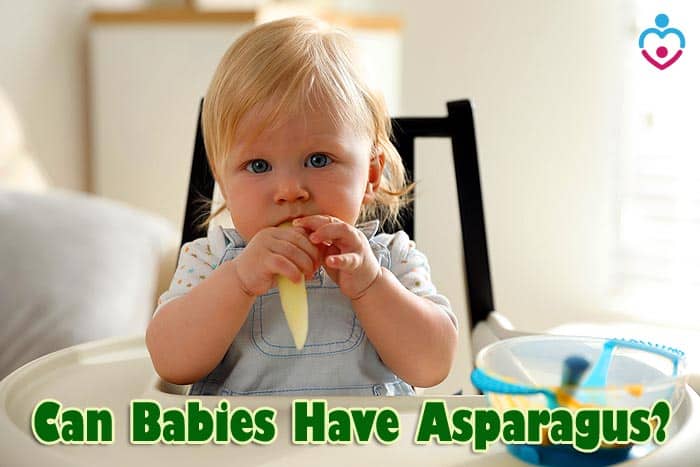
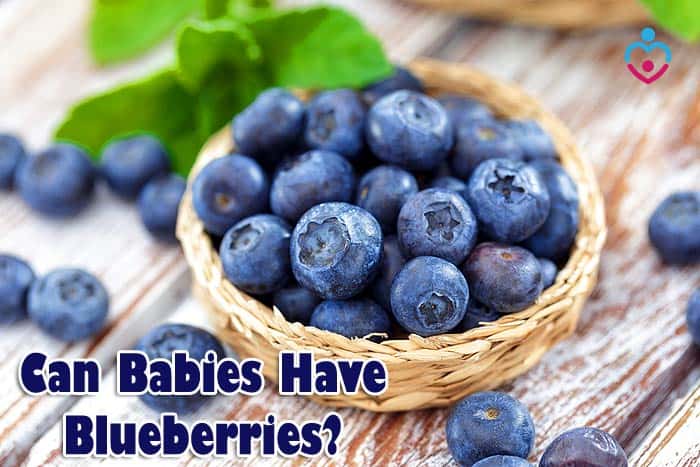
Leave a Reply